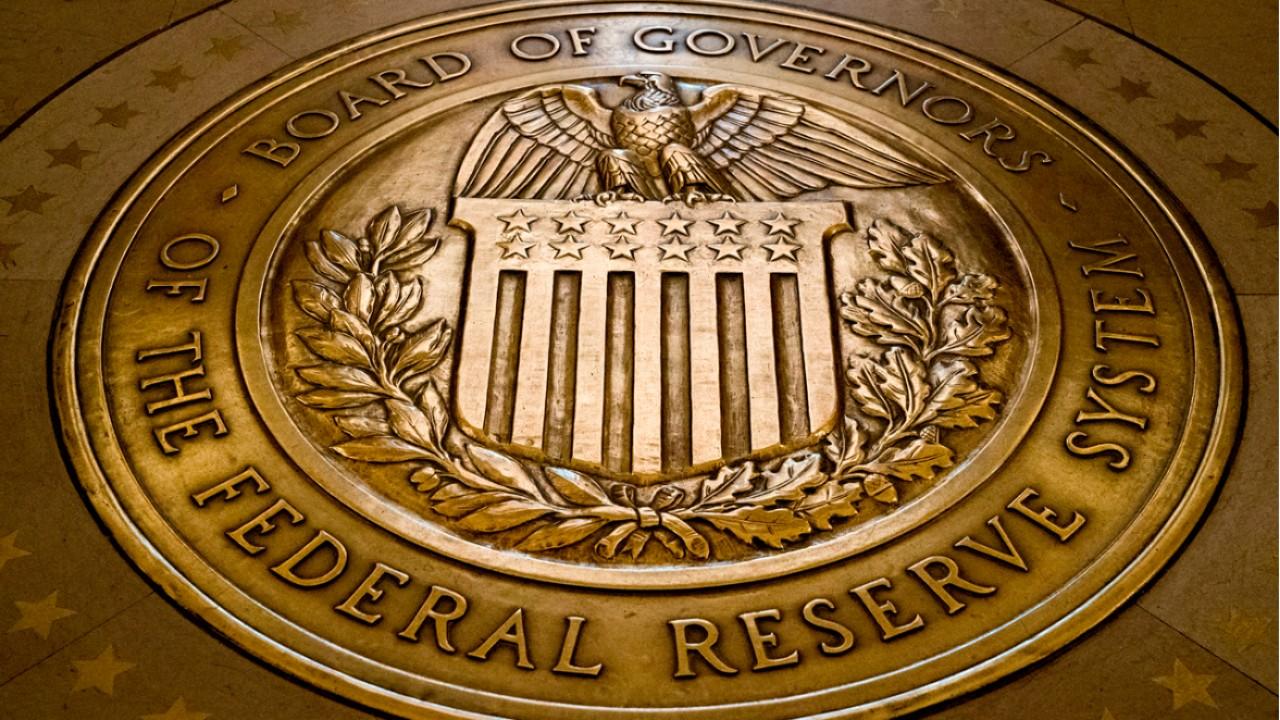Fed’s Mester defends ‘no’ vote for near-zero interest rates
Mester voted to cut interest rates by 50 basis points, rather than 100 basis points
Cleveland Federal Reserve President Loretta Mester defended her decision to vote against the U.S. central bank’s emergency interest rate cut earlier in the week, saying slashing the benchmark federal funds rate to near zero leaves policymakers with little firing power.
In a statement Tuesday morning, Mester said she supported all of the actions taken by the Fed, including $700 billion in asset purchases, but that she preferred to reduce interest rates by 50-basis points, rather than 100-basis points. The range is currently between 0 percent and 0.25 percent, which is where it sat during the 2008 financial crisis.
FED SLASHES INTEREST RATES CLOSE TO ZERO, BOOSTS ASSETS BY $700B TO FIGHT CORONAVIRUS PANDEMIC
“I preferred to stage our policy actions by first providing liquidity to improve market functioning, supported by a smaller reduction in the funds rate,” Mester said. “This would have preserved the option of a further cut in the funds rate, if needed, for a time when market functioning had improved and such an action could be expected to be most effective in supporting the economy as it emerges from the health crisis after the medical response has been put in place, new cases of the virus have begun to stabilize, social distancing has eased and life begins to return to some semblance of normal."
Mester said she also supported institution other financial-crisis era programs like a commercial paper facility that purchases paper from eligible companies, which the Fed announced it was doing on Tuesday morning.
TRUMP 'VERY HAPPY' AS FED CUTS RATES TO NEAR ZERO
The U.S. central bank created a special credit facility -- a version of the one deployed during the 2008 financial crisis -- to purchase commercial paper from issuers that have been having a difficult time finding buyers on the open market after securing permission from the Treasury Department.
But Mester cautioned that interest rate reductions are less effective “when the transmission mechanism of monetary policy to the economy is impaired.”
She said that fiscal policy is what will make the biggest impact to combat the effects of COVID-19, the disease caused by the novel coronavirus.
CLICK HERE TO READ MORE ON FOX BUSINESS
"The recent fiscal policy actions to increase access to testing and healthcare for those who are sick, to support public and private healthcare providers who are dealing with virus containment and the treatment of ill patients, and to help workers and small businesses that will be most affected by work stoppages are the types of government policy measures that can be most helpful in defending against the adverse consequences of the disease for individuals and the economy,” she said.




















